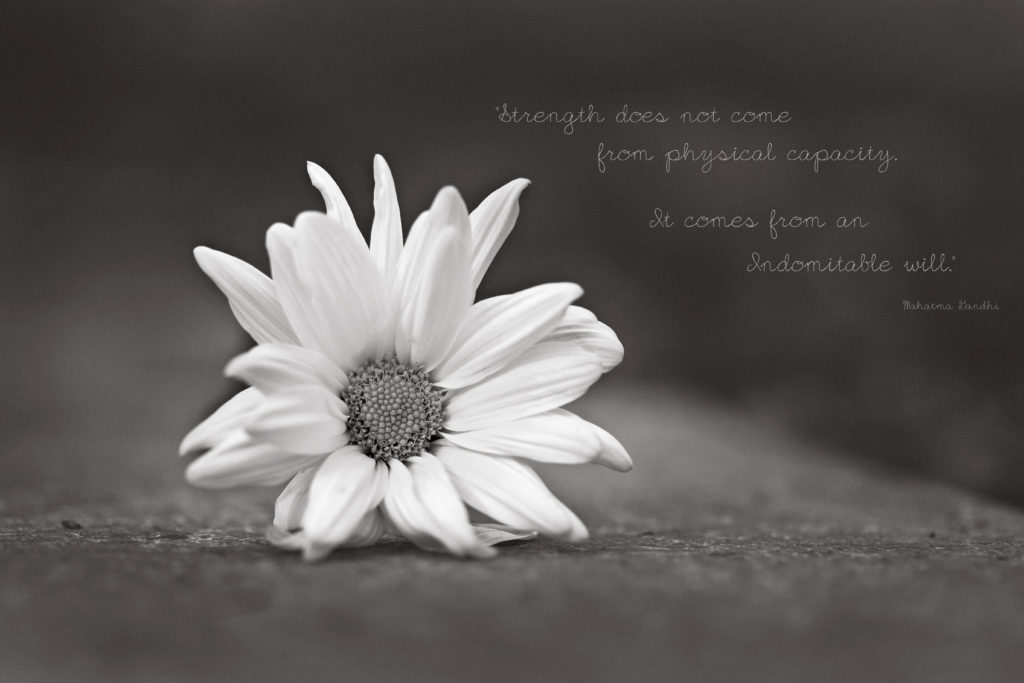Connect and Create Better Friendships
[bctt tweet=”We need friends. Introverts, extroverts, and everyone in the middle, we all need friends.” username=””]
We don’t need a ton of friends but a nice group of 3-5 solid friendships is important. Friendship is good for our health and happiness. Friends provide stability when our families are flaky. They are there to share in our happiest moments and lend a shoulder or listening ear to our sad ones.
There is this myth that I would like to bust right from the beginning:
- That if you are socially awkward you can’t have close friendships.
- That if you are socially gifted, you have friends pouring out of your ears.
Neither is true.
Sure if you are socially withdrawn it is going to be more difficult. First, it’s more challenging to find friends if you are holed up at home. But even when you squeak out to your favorite coffee shop, it’s going to be a chore to open up to someone if you feel nervous.
As for the socially gifted, some of them are the loneliest people I know. On the surface, they appear to have all these friends and people hanging on their every word. They ooze charisma and charm. But often, they have many acquaintances and fewer friends than what appears to be the case. Deeper, meaningful connection is eluding them.
Of course, this isn’t an all or nothing scenario. These two groups don’t apply to everyone.
But if you are someone who has been searching for ways to strengthen the relationships you have, keep reading.
Listen Up!
Listening skills are important. We are taught this from the earliest of ages in school. Yet, so many people still struggle with this well beyond adolescence and far into adulthood. Some people never catch on.

If you show people how much you care, you’ll be amazed by how much they share.
No one likes a one-sided relationship. Genuine listening skills can make a world of difference.
Tips for Improving Your Listening Skills:
Keep Eye Contact.
Put away your phone.
Seriously. PUT IT AWAY.
Shut off the TV. Listening, true listening means giving someone your undivided attention. Trust me, with four children I know how difficult this can be. When my friend K and I sit down to have a conversation, inevitably one of our kids interrupts like clockwork.
Sometimes we have to go for a walk to talk if we want to be undistracted. But this too can be a distraction just watching for cars and checking out the scenery. If the conversation needs to be of a serious nature, find a quiet space and focus on the person talking.
This is crucially important when we are not just with friends but with our spouse, or children as well. Put away the distractions and have a meaningful conversation or listening session.
[bctt tweet=”No one likes a one-sided relationship. Genuine listening skills can make a world of difference.” username=””]
Let Your Friend Speak.
Being interrupted sucks! Don’t get me wrong, good conversation is two-sided but a good friend knows when to be a sounding board.
Interrupting means you either don’t place a lot of value on the friendship, want to show someone up with advice, or, in the event of good news, it’s possible that you are just flat out too excited.
Remember, when it’s your turn to speak, you’ll want someone who’s really listening.
Determine Your Friend’s Need.
If your friend is discussing a problem, do they want a solution, a sounding board, or just some consoling? Every moment is different so take a few moments when the conversation begins to figure out the need. Of course, this doesn’t apply to random chit chat but a good friend recognizes when the conversation heads into “friend in need” territory.
[bctt tweet=”Put away the distractions and have a meaningful conversation or listening session.” username=””]
Retention=Connection
If you cannot remember half of the conversation the day after you had it, you weren’t listening with the intent to understand the other person.
If you are truly trying to understand someone’s position or viewpoint, good or bad, you are far more likely to recall and retain what was being said. True friends build a foundation of trust and trust comes with knowing one another beyond the surface. This is what makes the difference between an acquaintance and a friend.
Leave Your Baggage at the Door
We all have emotional baggage. Events or memories that have shaped our opinions and core beliefs. When someone starts to confide in us, we can’t help but start putting together how we would respond in the same situation.
Our emotions can drive our responses. This is where many well-meaning people start shoveling out advice. While another perspective can be good, remember to assess if your friend is ready to receive or just wanting to confide at the moment.
Ask Questions
This is different than interrupting. If you are having difficulty following something in the conversation, don’t make assumptions. Always ask questions for the sake of clarity. This allows you to listen and understand without harsh judgment that comes from assumption. We aren’t mind readers and we shouldn’t be expected to know everything. So when in doubt about something that was said, especially the inferred meaning of it, just ask.
Healthy friendships are important to our emotional well-being, our physical health, and longevity. Those with a few truly close friends have the benefit of better immune systems, less depression, and tend to laugh more often. They are usually more active together and spend more time in social events.
While doing things alone can be a good thing, feeling alone when we don’t want to be is anything but.
So while you sit in reflection of your most important friendships ask yourself if you are just as good in return? What could you do, today, to strengthen and nourish a friend in need?
xoxo-Deanna
Related Reading: 15 Traits of Great Friends